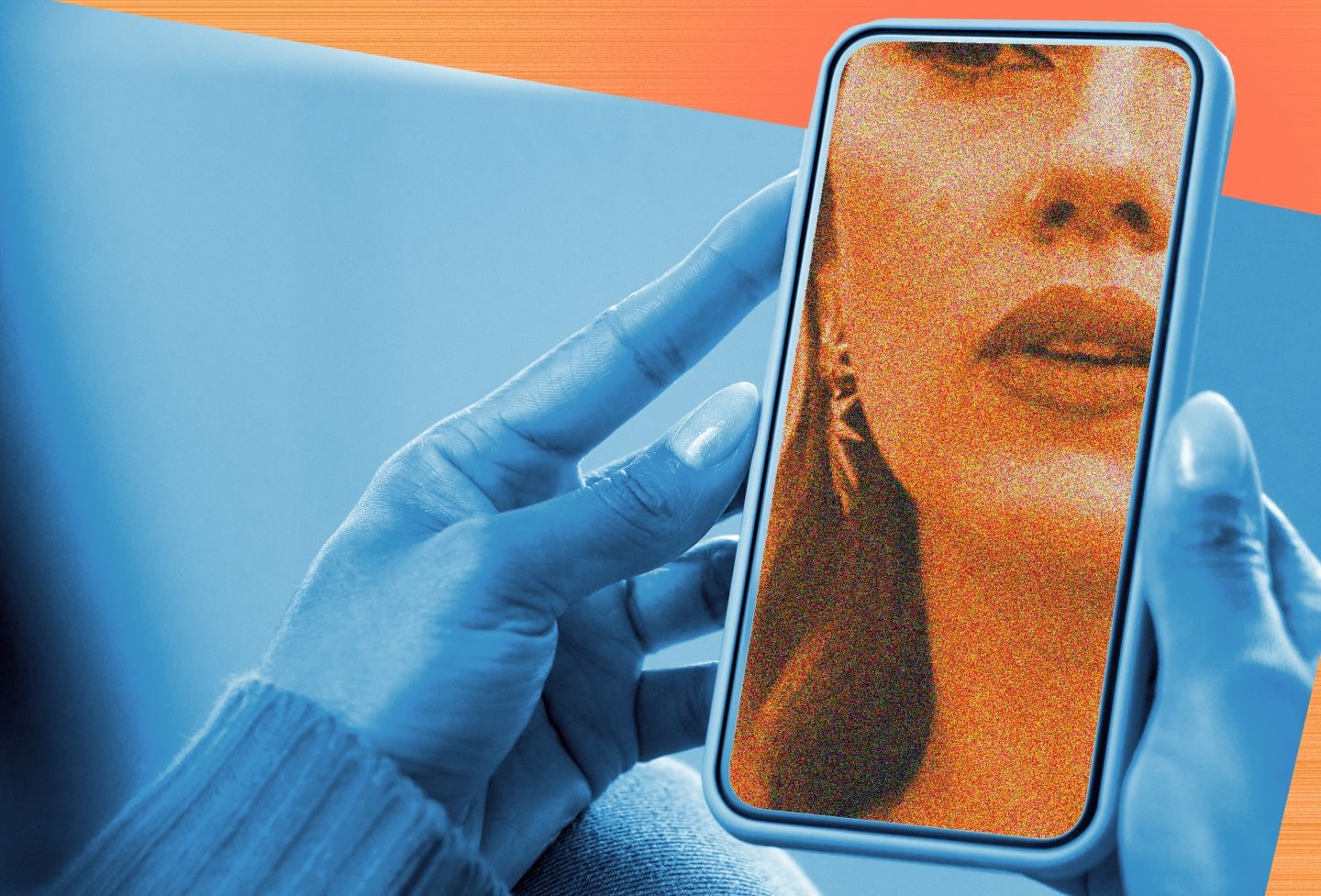Patent Injunctions Should Be Eliminated, Ravicher Says
Injunctions in patent cases should be eliminated because they restrict public access to technology and undermine economic productivity, a Law School alum and leading patent reformist told students Feb. 12.

Daniel Ravicher '00, executive director of the Public Patent Foundation, argued that patent law ought to increase the availability of products and preserve the civil liberties of most Americans rather than safeguarding the interests of patent holders.
"The main purpose of the patent system is to make advanced technology available to the public, not just to incentivize innovation. I think this is a failure of the patent system, and that's something we need to address," Ravicher said.
Consider what would happen if a firm received a patent for an AIDS cure, he said. While the company was given an incentive to innovate, the benefits of the cure would not be felt unless public access was granted — something the firm could potentially restrict.
Under current patent law, patent holders have "the right to exclude others" from infringing on their patent rights, and the U.S. Court of Appeals for the Federal Circuit has mostly enforced this right by granting patent holders permanent injunctions against patent infringement for the last 20 years.
In order to get an injunction, a plaintiff must satisfy a four-part test: that it has suffered an irreparable injury; that other legal remedies are inadequate to compensate; that the balance of hardships warrant equitable remedy; and that the public interest would not be disserved.
But Ravicher said the federal circuit courts have strayed too far from the statute in applying the law.
The federal courts have associated "adequate to compensate" with "lost profits" when there could be additional costs involved, and restricted costs to charges of "willfulness" on the part of the infringer when other issues like recklessness or demeanor could also factor in, he said.
"This isn't what the statute says, this is what the federal circuit is doing," Ravicher said.
He also challenged the notion that the current patent system ought to be preserved because it maximizes productivity and preserves the property rights of patentees.
In fact, he said the patent system deprived the liberties of most Americans while safeguarding the freedom of some major corporations.
"When I'm asked to pick between the private property of one person or the rights to access of all other Americans, I'd go with the latter," Ravicher said.
Addressing the economic dimension, he said that patent breaches should be allowed in cases where the benefits accrued from the breach exceeded the costs. Under such an "efficient infringement" system,
Ravicher suggested that a violator could give up a mutually agreed portion of its profits to the violated party and still derive profits from the breach.
Practically, Ravicher said his proposal to eliminate de jure injunctions could occur either by deleting a section of patent law or emphasizing the public interest portion of the four-part injunction test.
"I'm all about patentees getting paid. I just don't think they should be allowed to restrict public access to technology if they don't make it available," Ravicher said.
Prior to founding the Public Patent Foundation, Ravicher was associated with several patent law practice groups in New York. He is also an adjunct professor at the Benjamin N. Cardozo School of Law.
Founded in 1819, the University of Virginia School of Law is the second-oldest continuously operating law school in the nation. Consistently ranked among the top law schools, Virginia is a world-renowned training ground for distinguished lawyers and public servants, instilling in them a commitment to leadership, integrity and community service.


